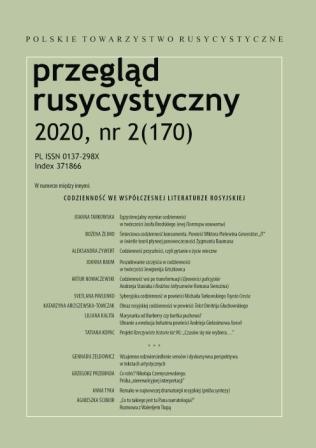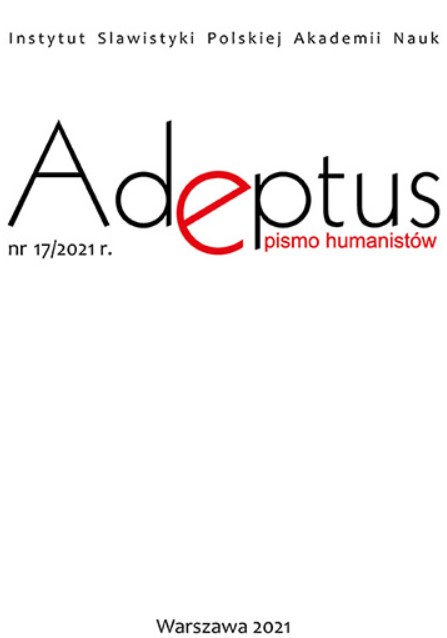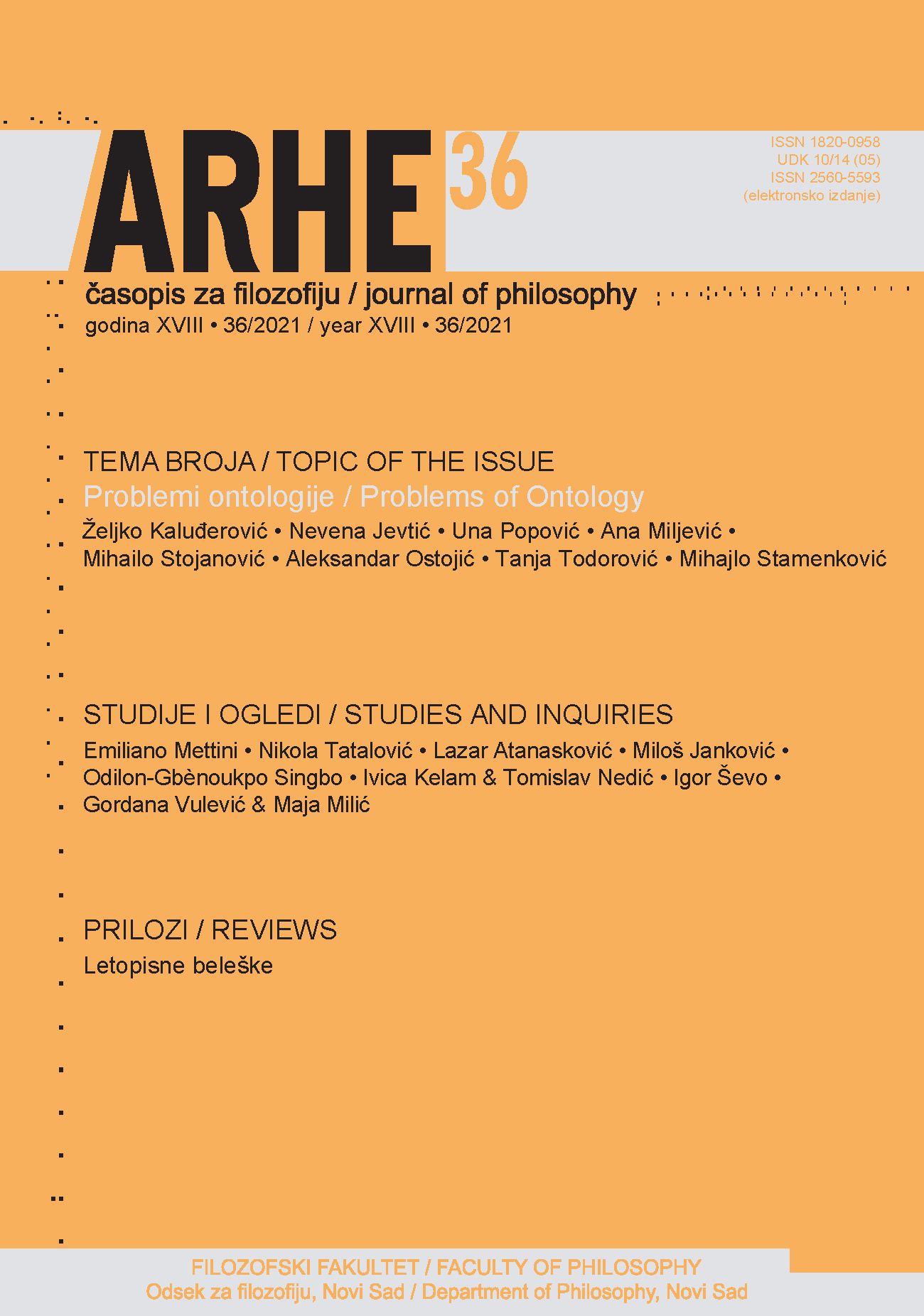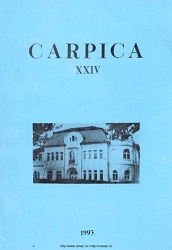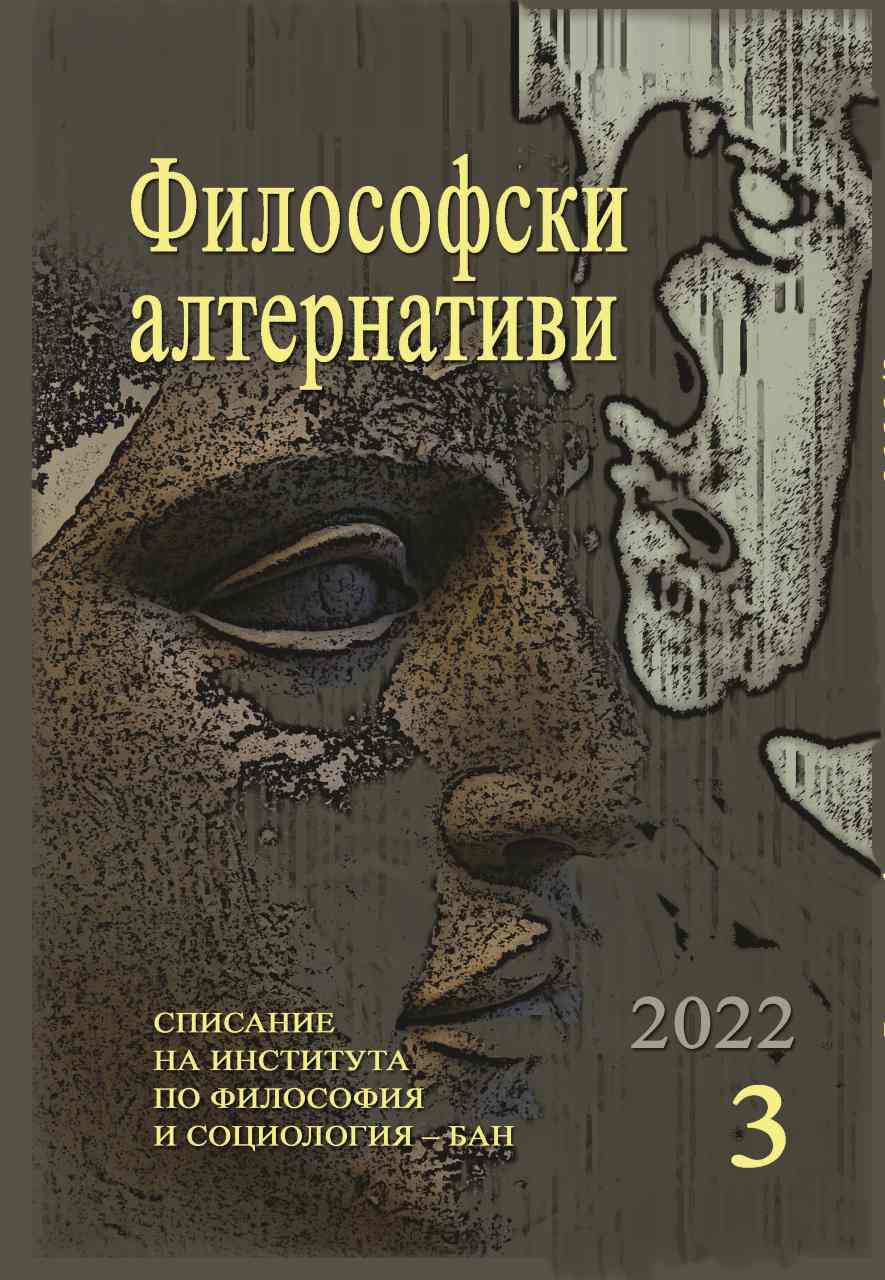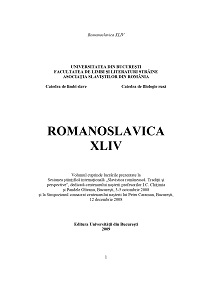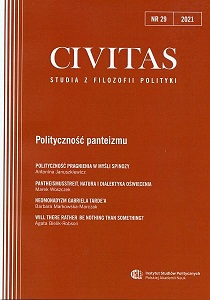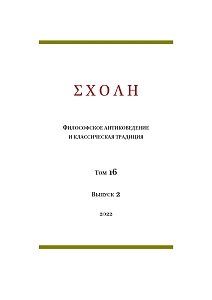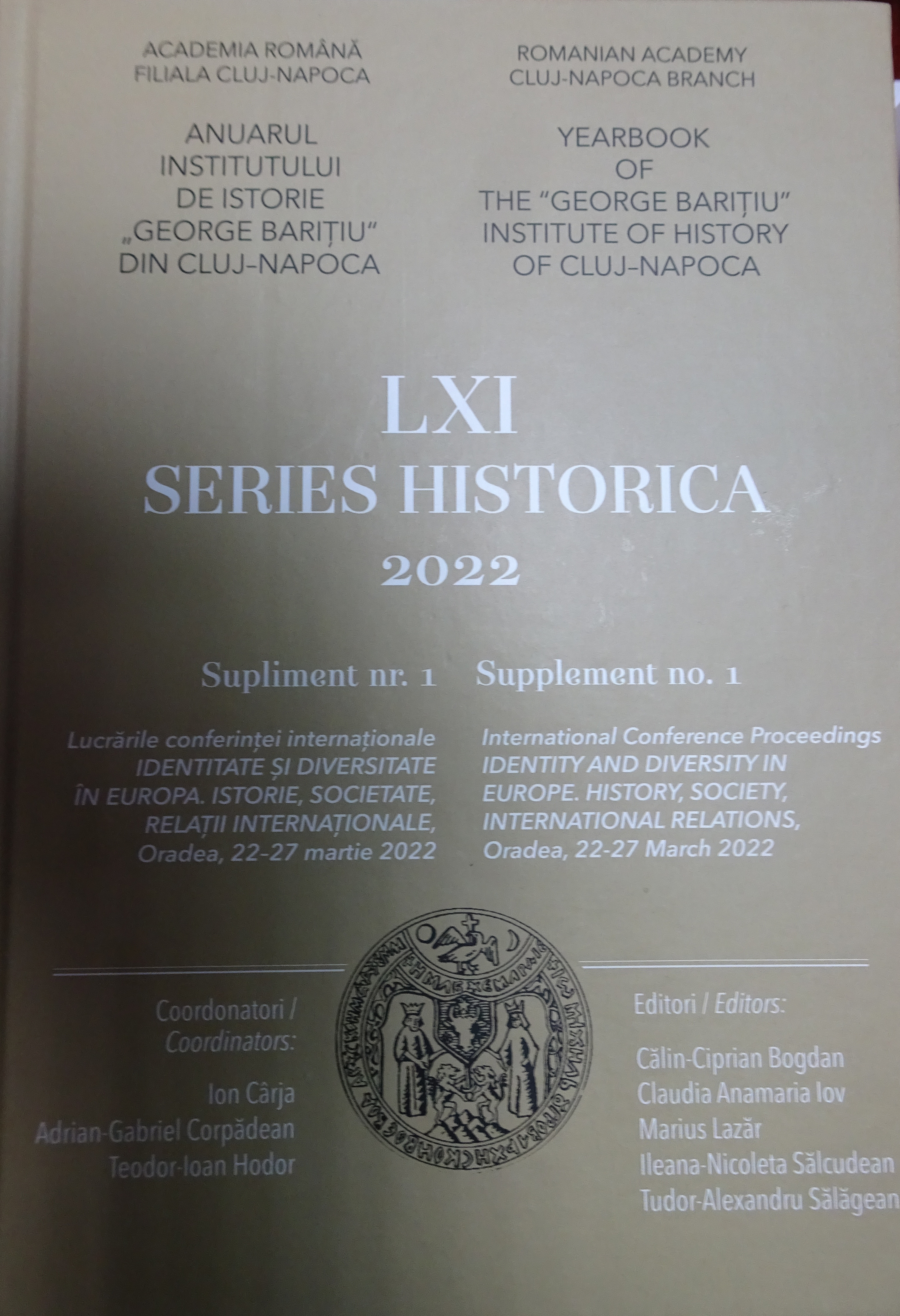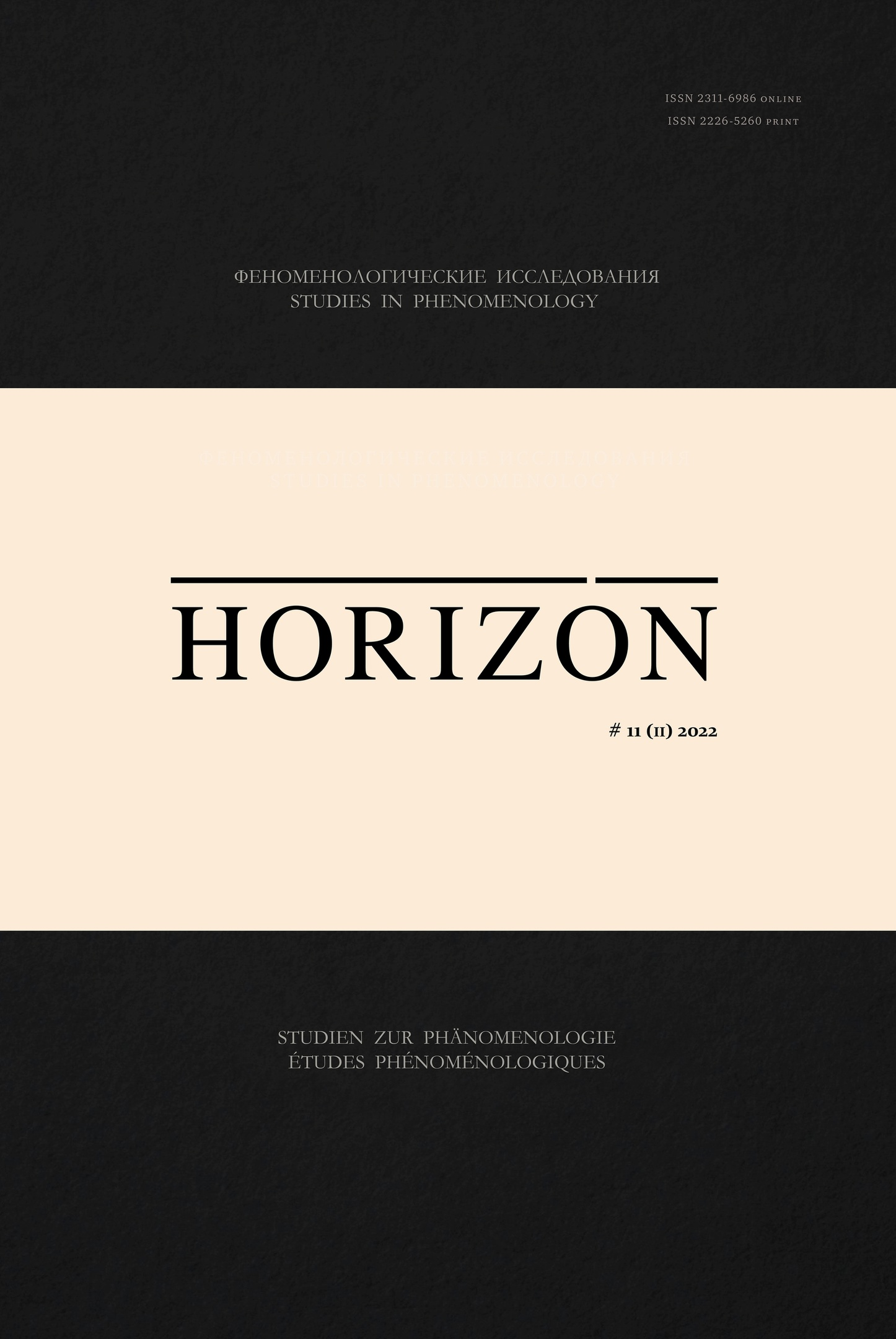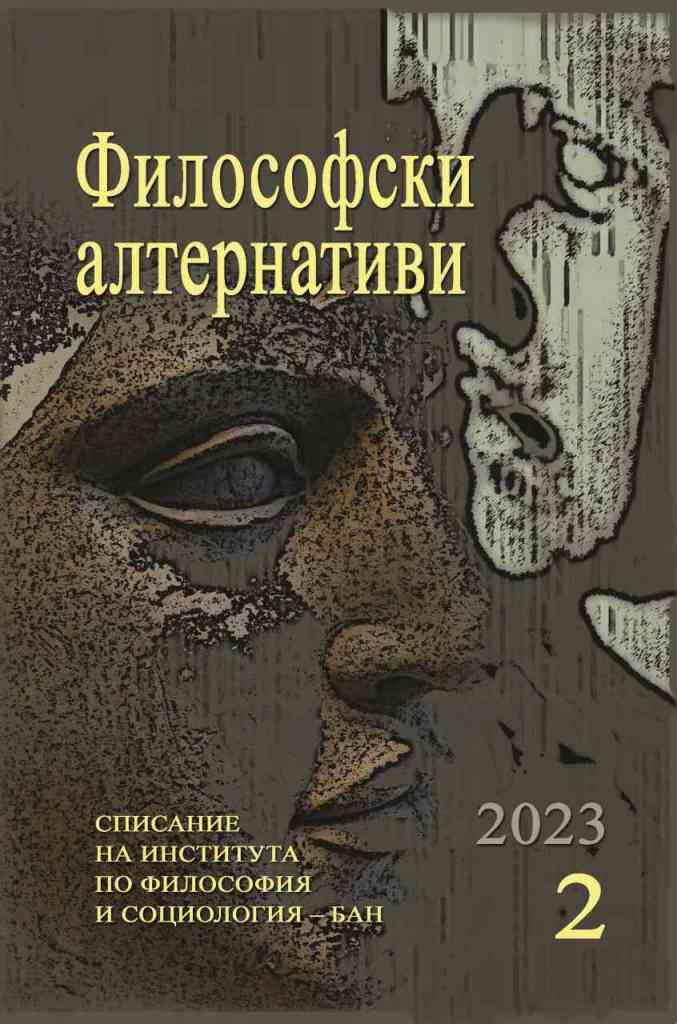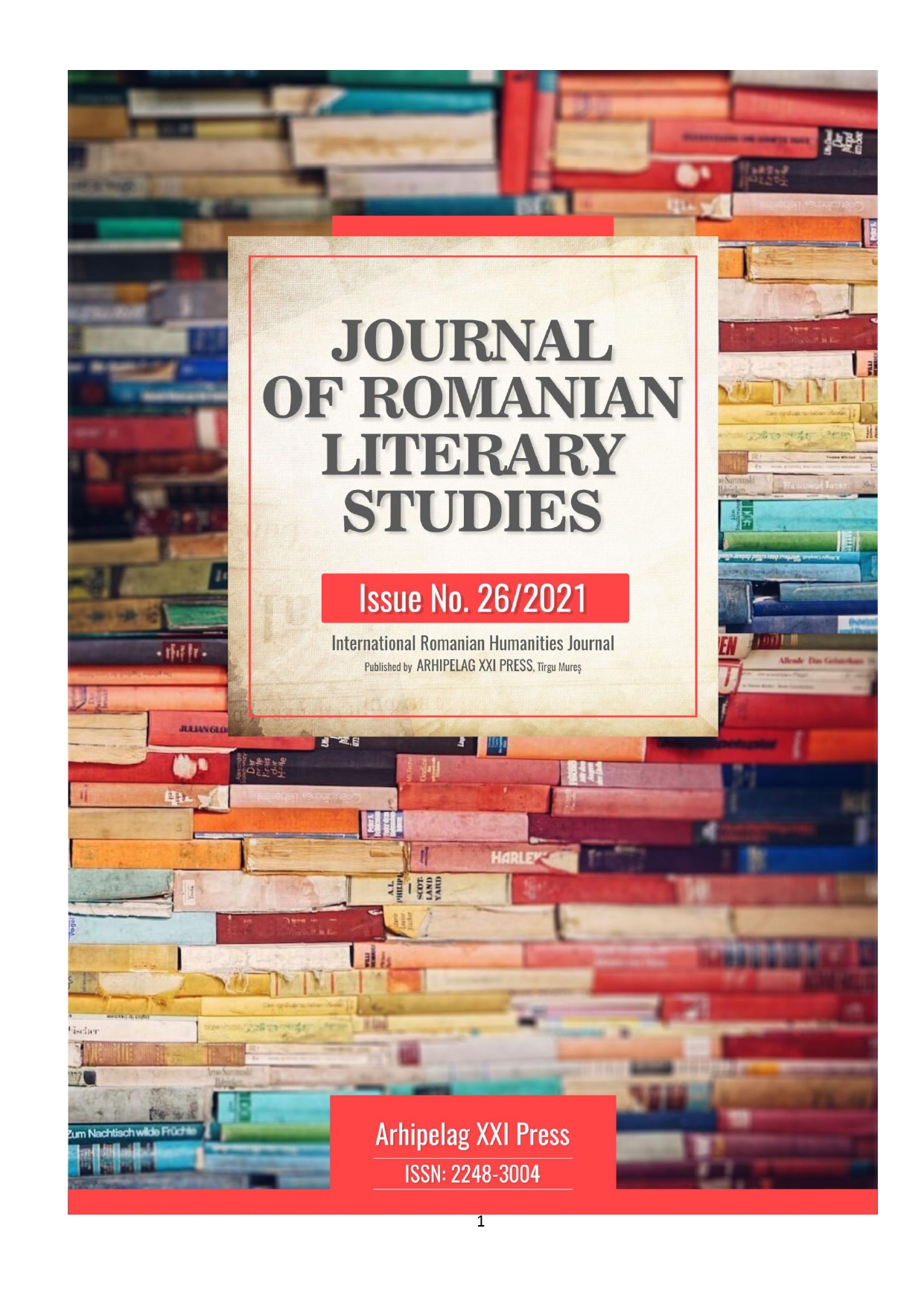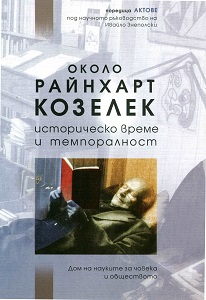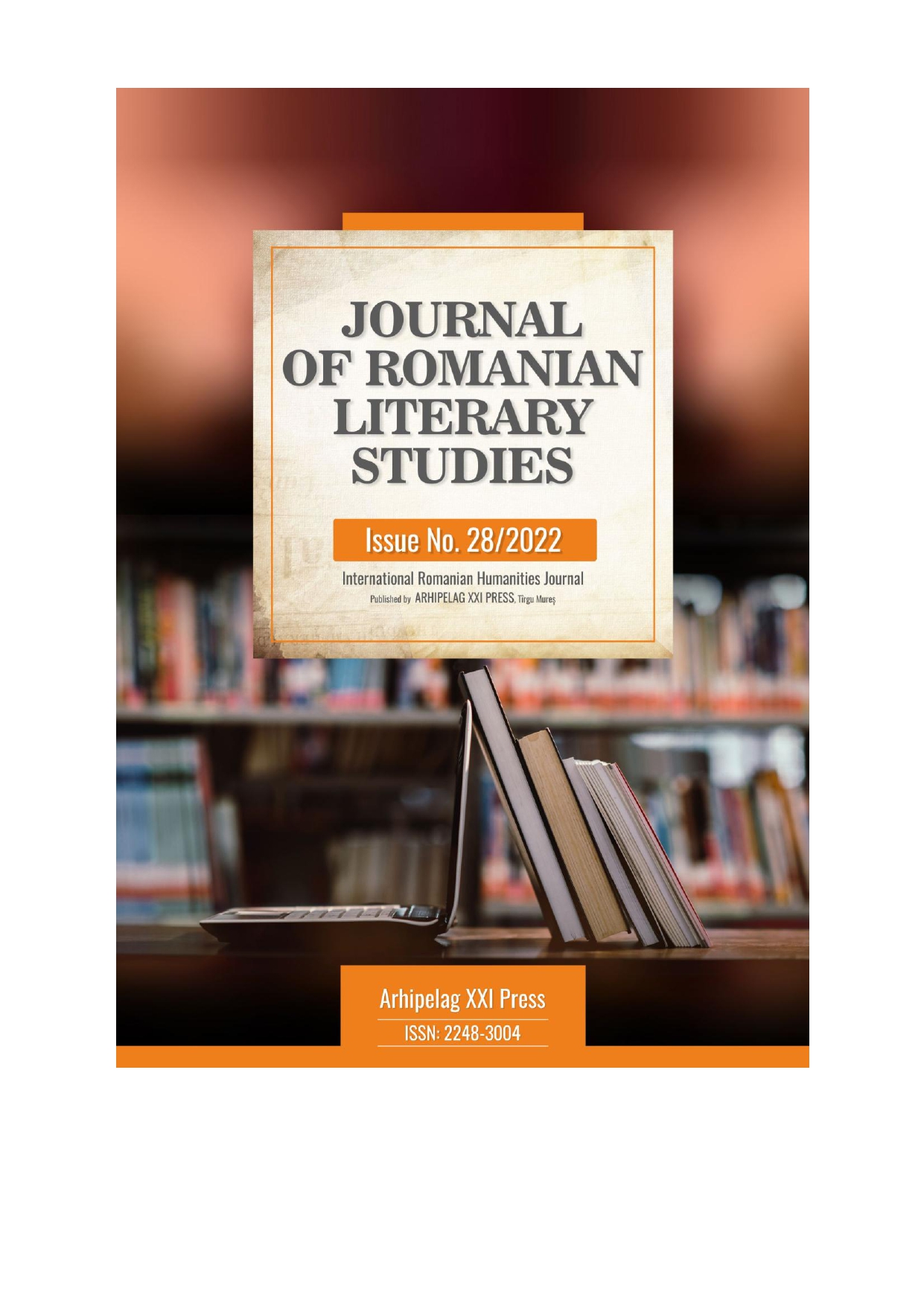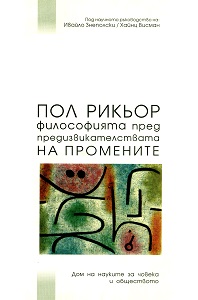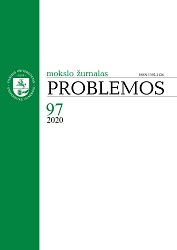
Machiavelli’s Revolution and Koselleck’s Sattelzeit
This article suggests that human action in Machiavelli is both materialistic and temporalized. It further argues that Reinhart Koselleck’s view of Machiavelli’s understanding of time as historical circularity is misleading. The author is making the case that Machiavelli drew from Lucretian materialism to strip political concepts of content via an animal-materialist anthropology and ontology holding that man, as any animal, is material reality acting under an atomic arrangement wherein no time, whether linear or circular, can exist. The conclusion is that Koselleck’s interpretation of the circularity of time in Machiavelli kept him from seeing his role as an antecedent of the conceptual and temporal revolution underlying the Sattelzeit.
More...
